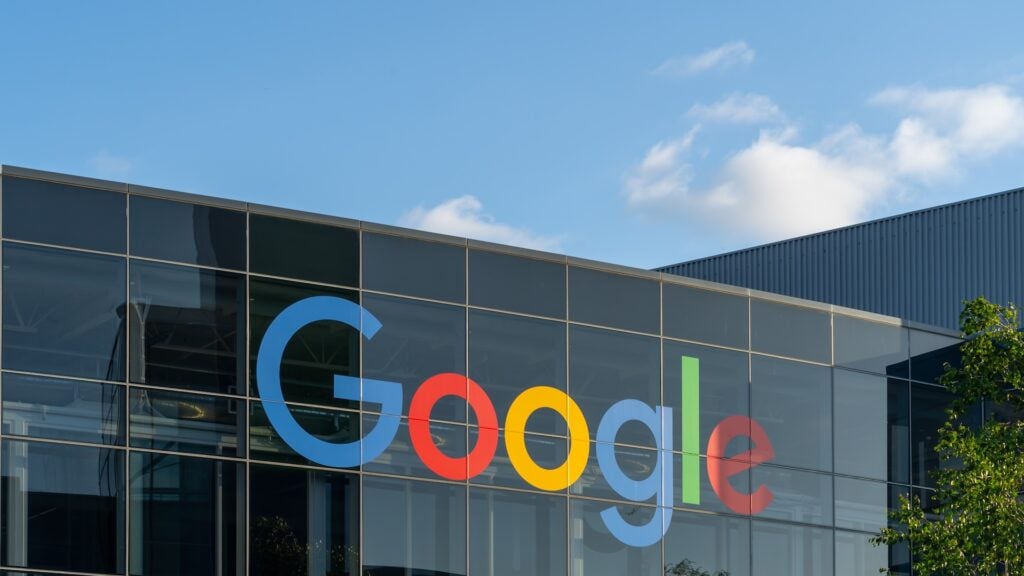Google has announced the development of a groundbreaking algorithm for quantum computers that could enable these machines to solve real-world problems beyond the reach of classical supercomputers within just a few years.
“This includes novel methods in drug research and the development of lighter, more powerful batteries for electric vehicles,” said Hartmut Neven, a German computer scientist who founded and leads Google’s Quantum Artificial Intelligence Laboratory.
13,000 Times Faster Than Conventional Supercomputers
An algorithm consists of clearly defined instructions that are systematically executed to achieve a desired result. The novel quantum software was first implemented on Google’s specialized “Willow” chip. The “Quantum Echoes” algorithm runs 13,000 times faster in this environment than the best classical algorithm on the world’s fastest supercomputers, according to Neven and his team in their report published in the scientific journal Nature.
However, “Quantum Echoes” doesn’t only work on Google’s “Willow” chip—according to the researchers, it can also be run on other quantum computers to verify results. The algorithm can also be used to dramatically refine Nuclear Magnetic Resonance (NMR) measurement methods. NMR allows scientists to measure how atoms are arranged within a substance.
Advances in Pharmaceutical Research and Materials Science
Enhanced NMR could prove useful in drug research, for example, to determine how potential medications dock with their target structures, Neven explained. It could also be applied in materials science to determine the molecular structure of new materials such as polymers, catalysts, and battery components. “Classical computers can naturally make approximations in these cases, but they cannot precisely calculate what happens at the molecular level. With a quantum computer, on the other hand, we can speak the language of nature and manage this complexity.”
Quantum computing will also advance artificial intelligence applications, Neven said. “Today, we already use AI to accelerate design and improve the software we use for our quantum computers.” However, he noted that AI requires large amounts of data for training. “The world around us is inherently quantum-based, so quantum computing will be able to generate unique and valuable data for AI training.”
Verifiable Calculations Mark a Milestone
Michel Devoret, Chief Scientist for Quantum Hardware at Google Quantum AI, who was awarded the Nobel Prize in Physics just over two weeks ago, said the Quantum Echoes algorithm represents “another milestone”—particularly because the calculations are verifiable. “If another quantum computer were to perform the same calculation, the result would be the same. This is a new step toward full-fledged quantum computation.”
dpa

